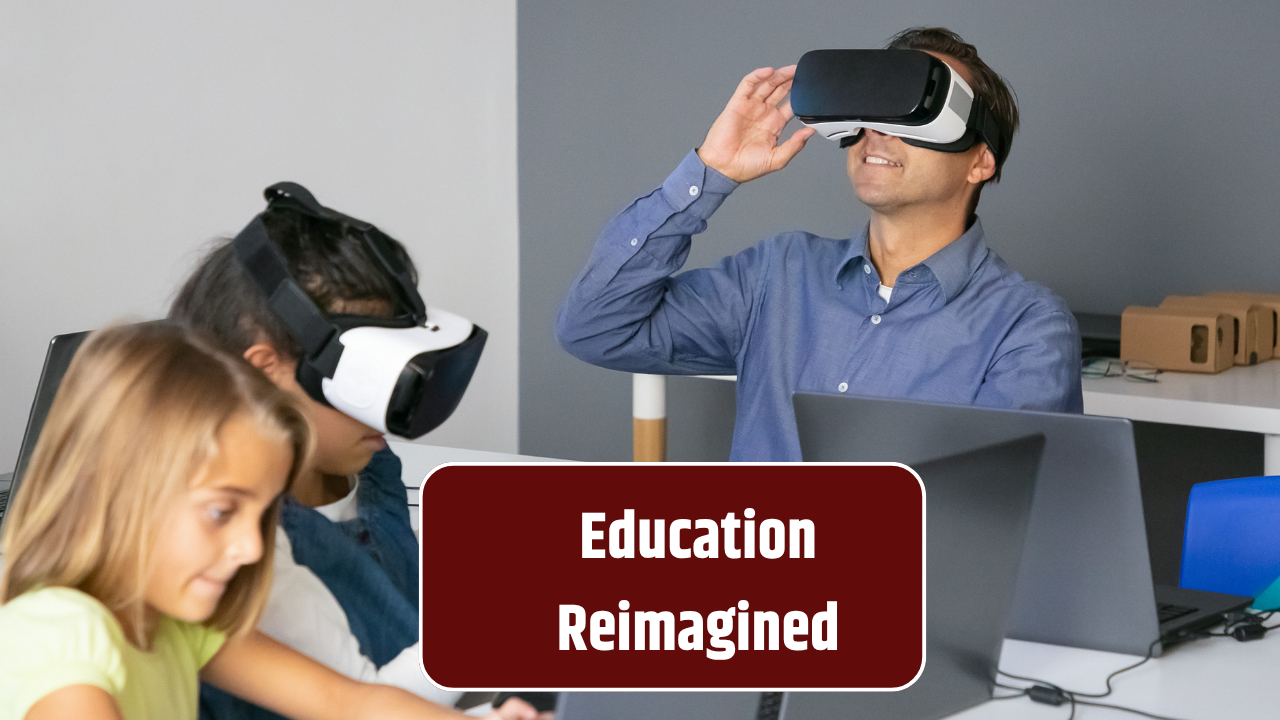Education has always been a cornerstone of human progress, but in the 21st century, its purpose and methods are undergoing a powerful transformation. Traditional systems that once focused mainly on memorization and standardized testing are giving way to more holistic, research-driven approaches that value creativity, emotional intelligence, and real-world problem-solving. Today, research is not just informing education—it’s reimagining it, laying the foundation for societies that are not only smarter and stronger but also deeply empathetic.
The Power of Research in Shaping Modern Education
Research is the engine behind educational innovation. It helps us understand how people learn, what motivates them, and how environments influence growth. Cognitive science, for instance, has revealed that active engagement and personalized learning yield better outcomes than passive lecture-based teaching. Neuroscience has shown the critical role of emotions in memory and comprehension.
Furthermore, data-driven research in education enables policymakers and teachers to make informed decisions. Instead of relying on assumptions, they can now analyze what works and what doesn’t. This has led to evidence-based teaching practices—approaches rooted in real-world results rather than tradition. As a result, schools and universities can adapt curricula to reflect the needs of today’s learners, fostering both intellectual and emotional development.
Building Smarter Learners Through Inquiry and Innovation
Smarter societies are born when education encourages curiosity rather than conformity. Research fosters this shift by promoting inquiry-based learning—an approach where students ask questions, investigate problems, and discover solutions themselves. This method transforms learners from passive recipients of information into active creators of knowledge.
Emerging technologies like AI, machine learning, and data analytics are also reshaping how research informs education. Adaptive learning platforms analyze student performance in real-time, providing personalized feedback and tailored content. This not only boosts academic achievement but also cultivates critical thinking and problem-solving skills—essential attributes in a rapidly changing world.
In higher education, interdisciplinary research is breaking down silos, connecting fields like science, technology, and the humanities. Such integration nurtures a generation of learners who can think across boundaries, addressing global challenges with creativity and insight.
Strengthening Societies Through Inclusive and Equitable Education
Research has made it clear that equitable education is key to building stronger societies. Studies on educational inequality reveal how socioeconomic status, geography, and systemic biases can hinder access to quality learning. This awareness has fueled policy reforms and initiatives aimed at closing achievement gaps.
Innovative programs—many born from rigorous research—are now targeting marginalized communities with customized interventions. Digital learning platforms, open educational resources, and community-driven education models are helping bridge the divide between the privileged and the underserved.
By applying research findings, educators are learning how to create more inclusive classrooms—spaces that value diversity, encourage collaboration, and empower every student to succeed. These are the foundations of a resilient and cohesive society.
Cultivating Empathy Through Emotional Intelligence and Social Research
Beyond intellectual growth, modern research emphasizes the importance of empathy and emotional intelligence in education. Studies in social and behavioral sciences have proven that emotional awareness enhances learning, cooperation, and conflict resolution. Schools that integrate social-emotional learning (SEL) programs report higher academic performance and lower instances of bullying and dropout rates.
Empathy-driven education nurtures not just smart individuals but compassionate citizens. It helps learners understand different perspectives, engage respectfully with others, and contribute meaningfully to their communities. Research-backed programs are now training teachers to model empathy and mindfulness, ensuring that kindness becomes a core value, not an afterthought.
The Future of Education: A Research-Driven Vision
The future of education lies in the synergy between research, technology, and human connection. As research continues to uncover new insights into how people learn, it will guide the creation of adaptive systems that prioritize both cognitive excellence and emotional well-being.
Imagine classrooms where artificial intelligence supports teachers in delivering personalized lessons, where neuroscience informs lesson pacing, and where empathy is taught alongside literacy. This is not a distant dream—it’s a vision being shaped by ongoing research and innovation today.
Education reimagined through research is not just about smarter learning—it’s about nurturing better humans. By investing in knowledge and empathy equally, we pave the way for a future where societies are not only intelligent and strong but also profoundly humane.
1. How does research improve education?
Research identifies effective teaching methods, learning models, and policies based on data rather than assumptions, leading to more informed and impactful educational practices.
2. Why is empathy important in education?
Empathy fosters understanding, teamwork, and social harmony, creating emotionally intelligent learners who can thrive in diverse societies.
3. What role does technology play in research-driven education?
Technology allows for data collection, adaptive learning, and real-time assessment, helping educators personalize learning experiences for each student.
4. How does educational research promote equity?
By uncovering systemic barriers and testing interventions, research supports policies and practices that make education more accessible and inclusive.
5. What is the future of research in education?
The future lies in interdisciplinary and technology-enhanced research that combines neuroscience, psychology, and data analytics to create holistic and humane learning systems.










